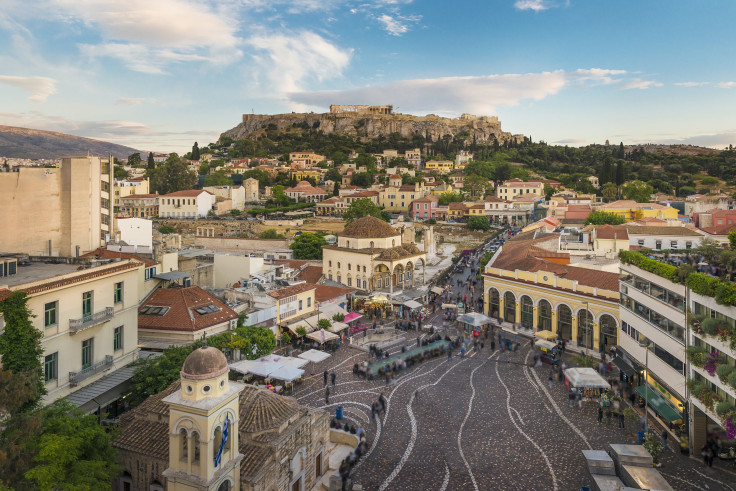
A strong earthquake near the Greek capital of Athens sent people running out onto the streets on Friday. The US Geological Survey has given the earthquake a preliminary 5.3 magnitude, while the Athens Institute of Geodynamics reported a preliminary 5.1 magnitude.
The earthquake has caused telecommunications and power to shut down in several parts of the capital, the BBC reports.
Experts are still uncertain if the 5.3 magnitude shock is the main earthquake. Geodynamics Institute Senior Seismologist Gerasimos Papadopoulos told the AP that there had been aftershocks of magnitude 3.5, 2.5 and 3.2.
In the tweet below, a crowd can be seen gathering in front of a multiple-story hotel establishment. A report of injuries and casualties is yet to be released as of writing.
In front of The Stanley Hotel, #Athens. #greece #earthquake pic.twitter.com/kyXUT0DnDQ
— Dan Crewger (@DanCrewger) July 19, 2019
Another tweet shows a video of people gathering outside a building and reporting of cracks on walls.
I’m in Athens for my first work as an artist with @conflictandart. Athens is abuzz but it seems safe in our corner, with folks spilling out of the buildings after an earthquake shook the city moments ago, cracks on the walls here at the Serafio space pic.twitter.com/6CSVCi9icm
— Asra Q. Nomani ? (@AsraNomani) July 19, 2019
Located near a boundary zone between two tectonic plates, an earthquake is a common occurrence in Greece.
In September 1999, a magnitude 6.1 earthquake hit Athens leaving 143 dead and thousands injured. It was considered the most devastating natural disaster to hit the country in two decades.
© 2025 Latin Times. All rights reserved. Do not reproduce without permission.



